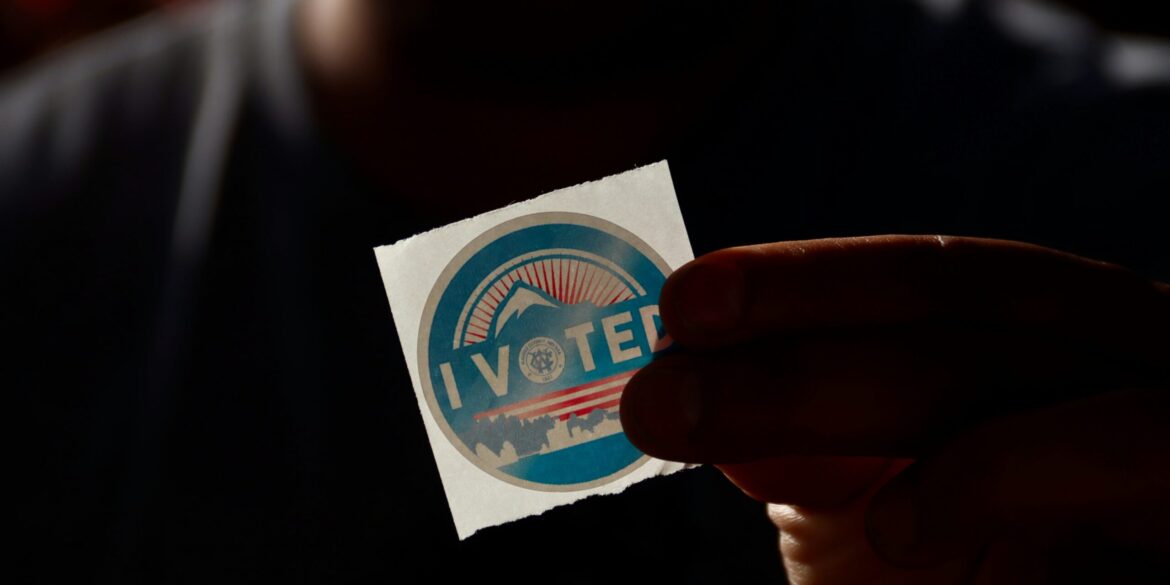The Trump administration has accused the Wisconsin Elections Commission (WEC) of violating the Help America Vote Act (HAVA), alleging that the state agency has failed to provide a federally mandated process for voters to challenge the commission’s decisions. The accusation, detailed in a June 5, 2025 letter from the Department of Justice (DOJ), is the latest move by former President Donald Trump and his allies to scrutinize state-level election oversight following years of disputes over voting procedures.
Alleged Violation of Federal Law
At the heart of the DOJ’s claim is Wisconsin’s alleged failure to comply with a specific requirement of HAVA. The 2002 federal law, enacted in response to the controversial 2000 presidential election, obliges states to provide a complaint resolution process for voters who believe their rights under the Act have been violated. While Wisconsin does allow voters to file general complaints, the DOJ argues that the state has not established a clear mechanism allowing individuals to file and appeal grievances specifically against the commission itself.
According to the DOJ, this gap in the complaint structure deprives voters of an essential federal safeguard, potentially undermining their right to contest decisions made by the body charged with overseeing elections in the state. The letter implies that this omission may place Wisconsin in noncompliance with federal law and raises the possibility of legal action or further administrative steps to address the issue.
Wisconsin Officials Push Back
The Wisconsin Elections Commission, led by Chairwoman Ann Jacobs, has pushed back against the federal accusation. In a public statement, Jacobs cited a 2022 Wisconsin Supreme Court ruling affirming the commission’s current structure and procedures. That decision, she argues, validates the commission’s operations under existing state law.
Jacobs also downplayed the practical impact of the DOJ’s threat, noting that Wisconsin currently receives no ongoing federal election funding that could be revoked as a consequence. The state has already spent the $77 million in federal aid it received under HAVA, according to Jacobs.
“This accusation appears to be more about political optics than actual enforcement,” Jacobs said. “There is no active funding to withhold, and our processes have already been upheld by our own state’s highest court.”
Political Fallout in Wisconsin
Despite the limited financial leverage, the DOJ’s letter has had immediate political consequences. Wisconsin’s Republican-led Joint Finance Committee, which oversees state budgeting decisions, has opted to delay voting on upcoming funding for the WEC. Committee members cited the need to assess the DOJ’s findings and consider whether the commission needs to adjust its practices.
“This isn’t about punishing the commission,” said one committee member. “It’s about ensuring we’re not risking compliance with federal laws and putting future federal funding or election integrity at risk.”
The delay in funding has raised concerns among election officials who warn that postponing budget approvals could hinder preparations for the 2026 midterm elections. The commission has been working to modernize election equipment and increase voter outreach, both of which could face setbacks without timely budget authorization.
Broader Pattern of Federal Scrutiny
This confrontation with Wisconsin is the second such action by the Trump-aligned DOJ in recent days. Earlier in the week, similar allegations were made against the North Carolina State Board of Elections, indicating a broader strategy of federal scrutiny targeting state-level election bodies.
Critics argue that this effort mirrors ongoing attempts by Trump and his allies to cast doubt on the electoral process ahead of the 2026 and 2028 elections. Supporters claim it is a legitimate effort to uphold voter protections and federal standards.
Legal analysts note that HAVA compliance disputes are relatively rare and typically resolved through cooperative measures rather than high-profile public disputes. The aggressive posture adopted by the DOJ under Trump marks a significant departure from past practice and suggests election administration could once again become a flashpoint in national politics.
Looking Ahead
With the legal debate still unfolding, it remains unclear what practical outcomes might follow from the DOJ’s accusation. The Wisconsin Elections Commission could choose to modify its complaint process to avoid prolonged legal disputes, though no such plans have yet been announced.
Meanwhile, election officials and voting rights advocates are watching closely to see whether similar actions will be taken in other battleground states. With trust in the electoral system already a contentious issue, federal-state clashes like this one may further polarize public opinion ahead of critical upcoming elections.
For now, Wisconsin finds itself at the center of a renewed debate over federal election standards, state sovereignty, and the integrity of the democratic process.

